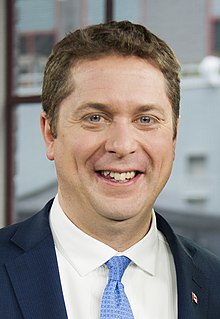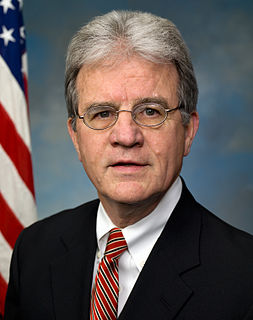A Quote by Andrew Scheer
I've always been very passionate about issues. Being speaker, you kind of have to park the positions on issues and focus more on the rules.
Related Quotes
I think it's important for us to recognize that although historically black communities have been very progressive with respect to issues of race and with respect to struggles for racial equality, that does not necessarily translate into progressive positions on gender issues, progressive positions on issues of sexuality and in the latter 1990s we have to recognize the intersectionality, the interconnectedness of all of these institutions and attitudes.
When you start talking about same-sex marriage, you start talking about abortion, and I think those issues are very very important and very interesting and very right for us to talk about, but when we allow those issues to cannibalize all other issues we find ourselves homeless while we debate about it.
I am really passionate about transparency and trans rights issues, so I embrace these opportunities to speak. I try to stay in touch with those who are prominent in both the trans and transparency movements, but more often than not, I am speaking out on a particular issue on my own. I certainly hope that people listen to me and think about these issues. But regardless of whether I had a public venue to speak in, I would still be passionate about them.


































